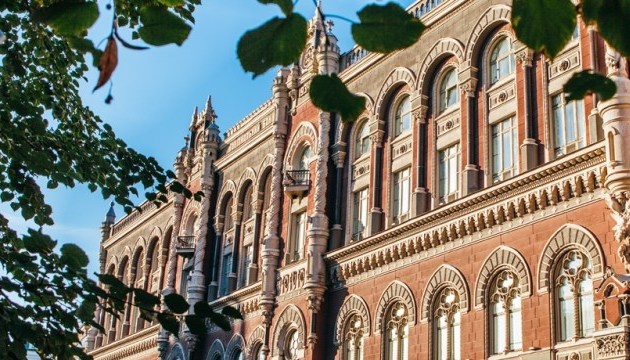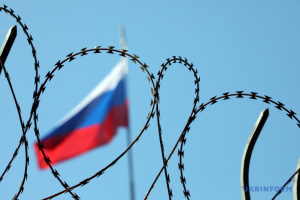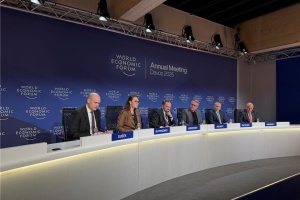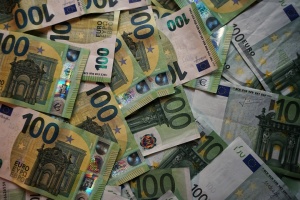
NBU governor names prerequisite for Russia’s economic, financial collapse
That’s according to Andriy Pyshnyi, the Governor of Ukraine’s National Bank, who spoke with the Voice of America, Ukrinform reports.
"You need to read the stats carefully. Everything’s there and it’s apparent. And also, you know, you need to listen carefully and look at the face of the chief of Russia’s central bank, Nabiulina, at how nervous she is, realizing that the U.S. or European sanctions - which blocked the assets of Russia’s National Welfare Fund, which, in fact, served as a wallet funding this war, that these blocking sanctions came on top of what had already been in place, and that the tenth package of EU sanctions, a powerful one, and the next wave of sanctions pressure, which the United States introduced, also very powerful, - are working, and she understands that already in the next six months, they must resort to covering Russia’s budget deficit at the expense of printing more money. This launches a spiral reaction. This spiral will lead Russia to economic and financial collapse, and Putin's political regime – to bankruptcy," he said.
According to Pyshnyi, the assets of Russia’s Central Bank worth up to $350 billion are currently frozen in the West.
"In general, the voiced amount of central bank’s frozen assets ranges from $300 billion to $350 billion. I would add to this the blocked assets of the Russian oligarchs, who are direct accomplices of this war and beneficiaries of the Putin regime, those who support it and continue to finance it. Therefore, they must be held accountable accordingly, including financially accountable," he said.
As Ukrinform reported earlier, on Monday, on the second day of the G7 meeting in the Japanese city of Karuizawa, the foreign ministers agreed to strengthen control over compliance with Russia sanctions and better respond to arms supply to Russia coming via third countries.





